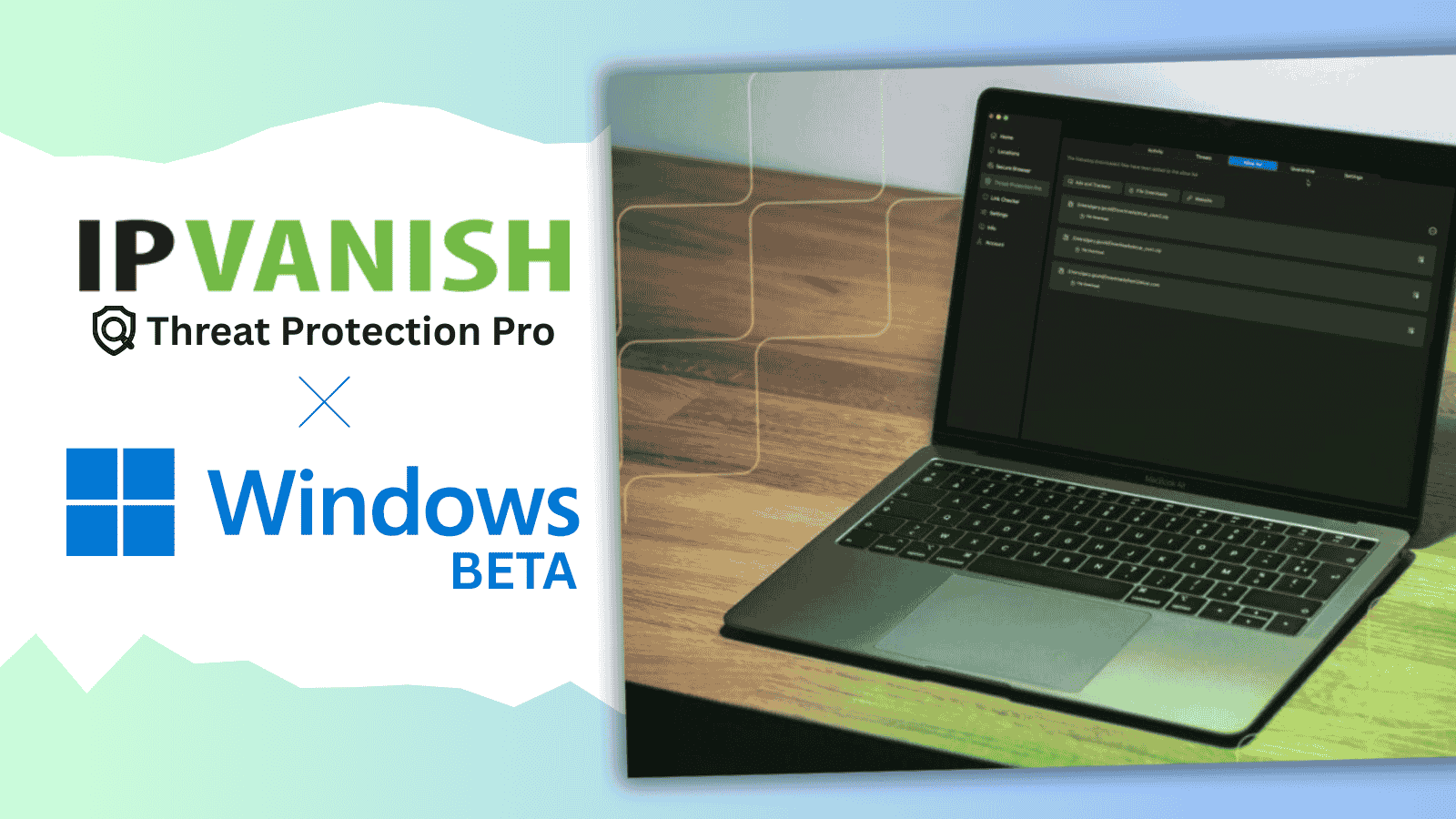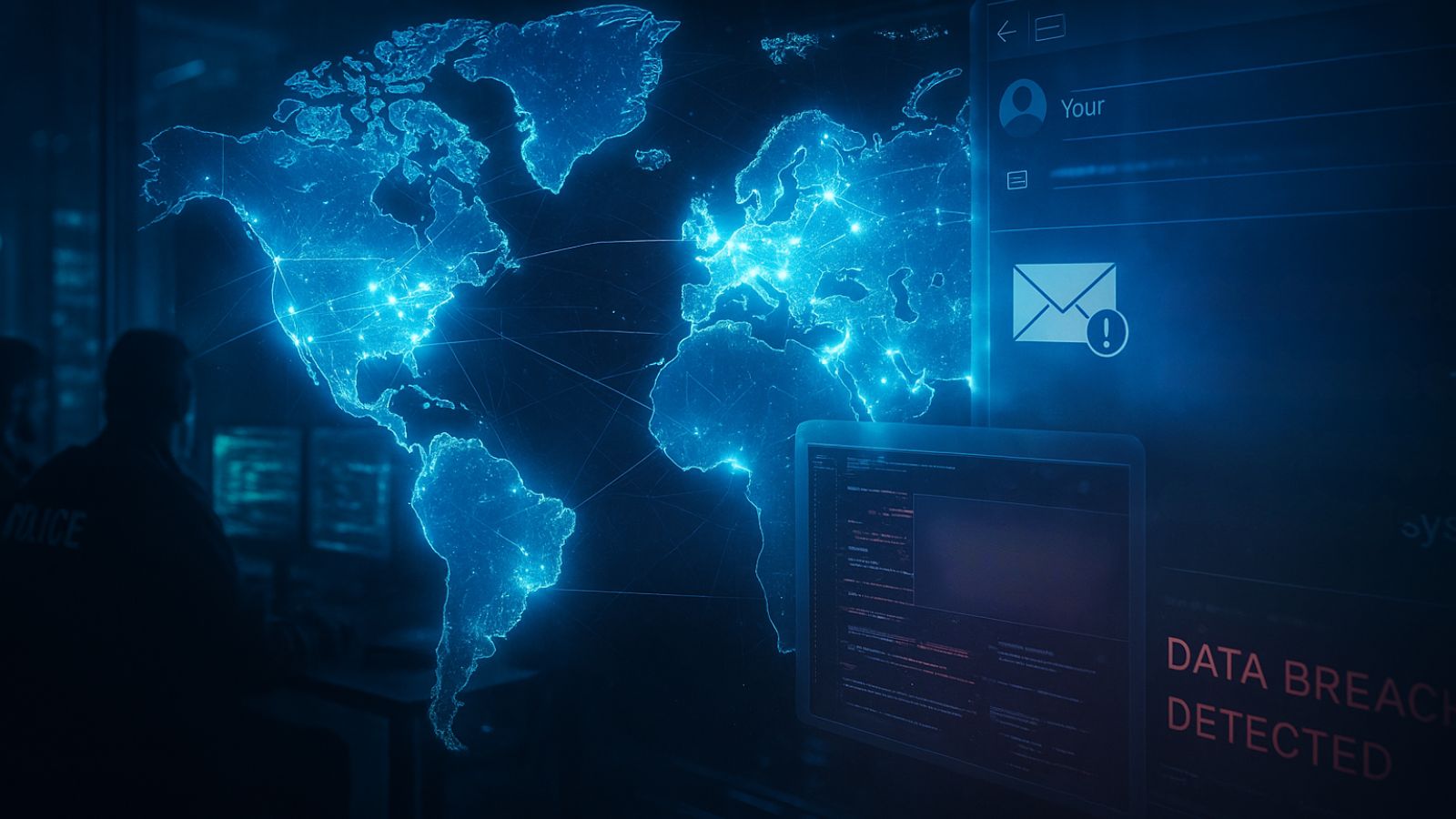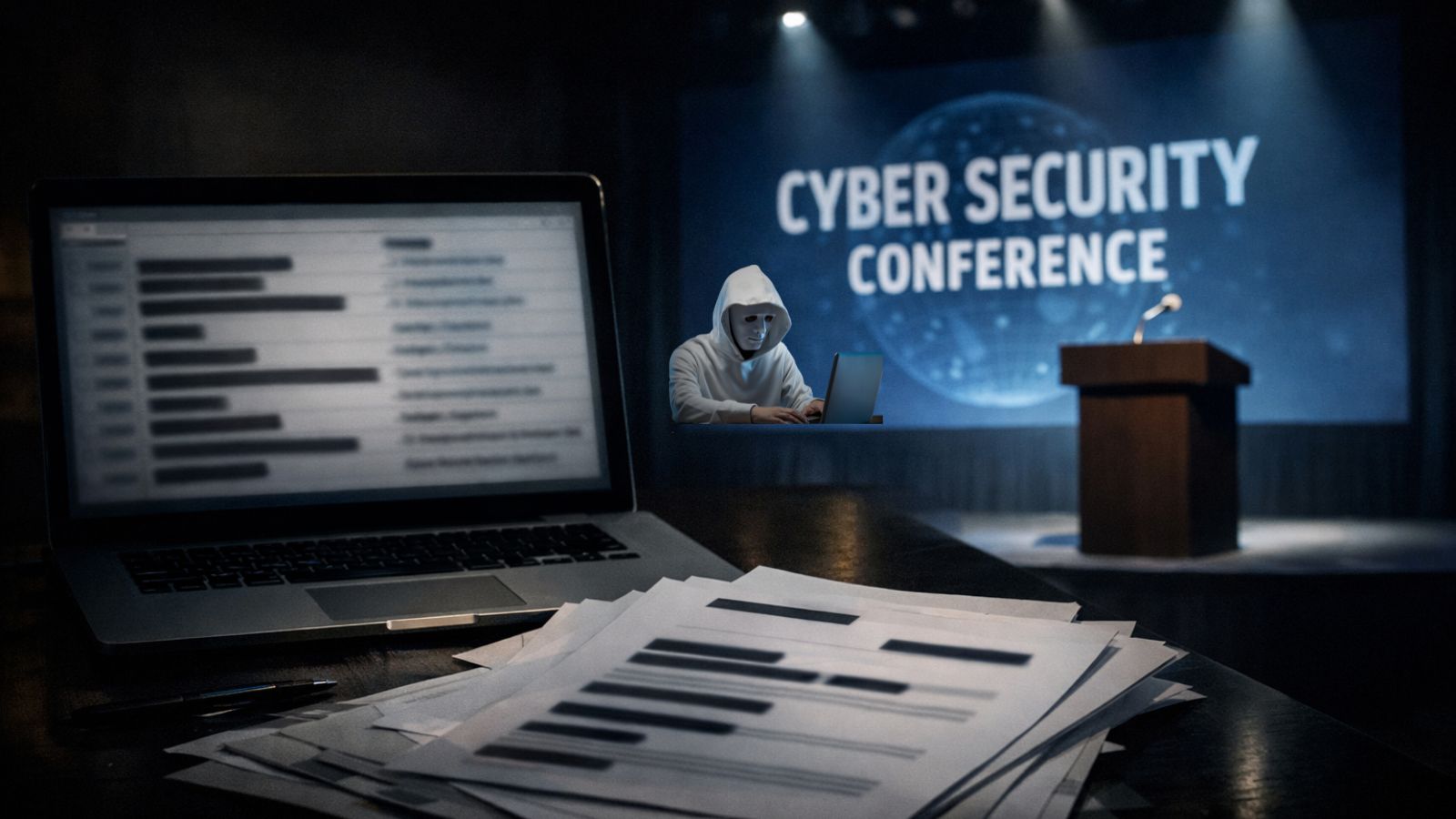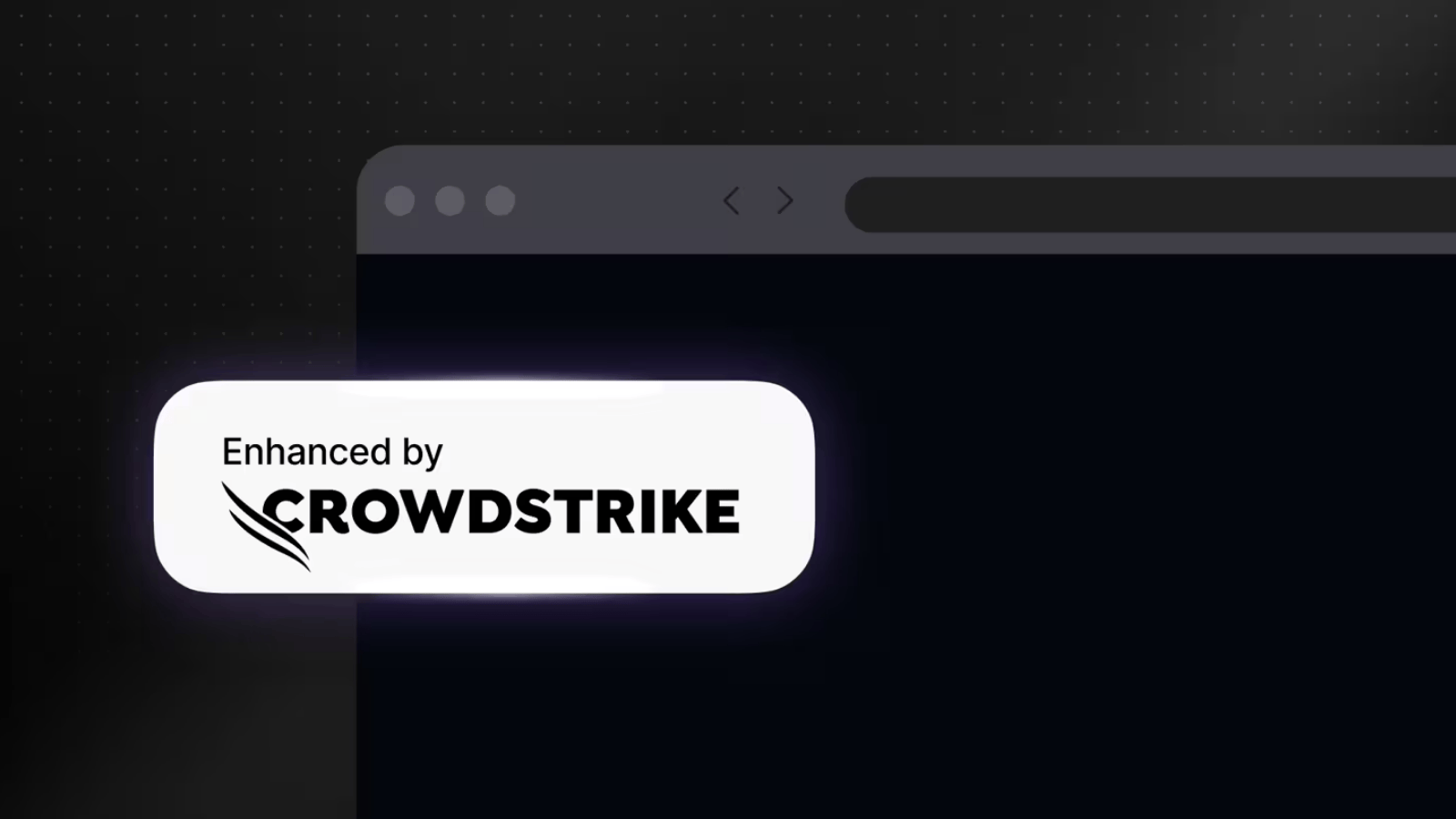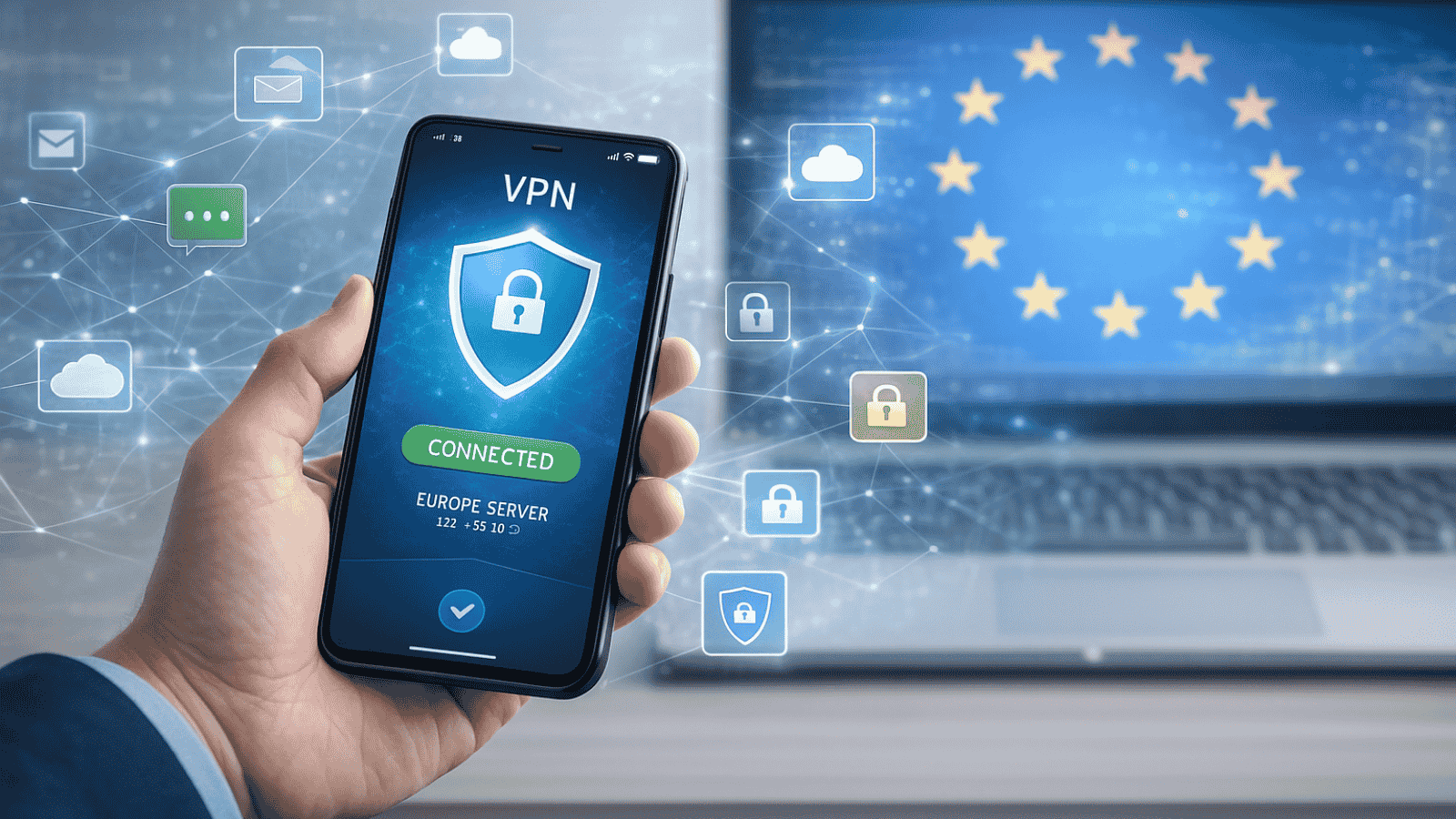
Windscribe CEO Warns Global Laws Could Undermine No-Log VPNs
- Windscribe CEO warns new global laws may force VPNs to log users.
- A Greek court dismissed charges against Windscribe over user activity.
- Sak says logging requirements could risk privacy and online freedom.
Yegor Sak, the co-founder and CEO of Windscribe, recently spoke out about growing legal pressure on VPN providers to log user activity—something he says could seriously threaten online privacy.
Sak shared his experience of being unexpectedly charged in Greece over an alleged cybercrime linked to an unknown Windscribe user. “We do receive quite a few subpoenas every single month, but this has never occurred before,” he said. The case, connected to an incident from June 2023, was ultimately dismissed by a Greek court on April 11, 2025. While this marked a win for Windscribe and no-log VPNs, Sak says the bigger fight is far from over.
Across the globe, lawmakers are considering new regulations that would force even the best VPN providers to store logs of user activities. These proposals aim to help law enforcement investigate crimes and protect children online. However, experts argue that mandatory logging would weaken privacy for all users.
Sak explained the dilemma clearly: “For VPNs to help governments catch the bad guys and protect children online, providers have to do extensive logging… which is a problem.”
He added that Canada—where Windscribe is based—currently doesn’t require VPNs to log user data. But he’s concerned about new legislative proposals, especially those focused on age verification. Some US states already demand that online services verify users’ ages using government-issued ID, a move that raises significant privacy concerns. Sak worries that VPNs could be the next target. “You could use a VPN to access a prohibited website. That means that VPNs are potentially making this content available to minors,” he said. “So, why shouldn’t a VPN be subject to the same laws?”
If Canada were to adopt such rules, Windscribe would be forced to relocate. “We would not be able to operate under our existing privacy policy,” Sak said.
These debates are especially active in Europe. Digital privacy advocates have recently blocked encryption backdoors in France, but Switzerland may soon pass laws that threaten privacy-focused services like Proton VPN, NymVPN, and Threema. Meanwhile, the EU's new ProtectEU plan is the latest attempt to give police more access to online data.
At the heart of the issue is the question of how far governments should go to monitor internet activity. Sak pointed out that what counts as a crime varies widely around the world. “Once you have the data, you have to cooperate with everyone,” he said. This could lead to people being jailed in authoritarian countries simply for sharing memes, speaking out, or being part of an activist movement.
Although VPNs are often seen as a tool for privacy and freedom, Sak believes they are now caught in a legal and ethical tug-of-war. Still, he says his Greek court experience shows that the battle is worth fighting. “My biggest takeaway is to never accept these things and always fight to the end, even though it takes time, it takes money, and some nerves as well.”



